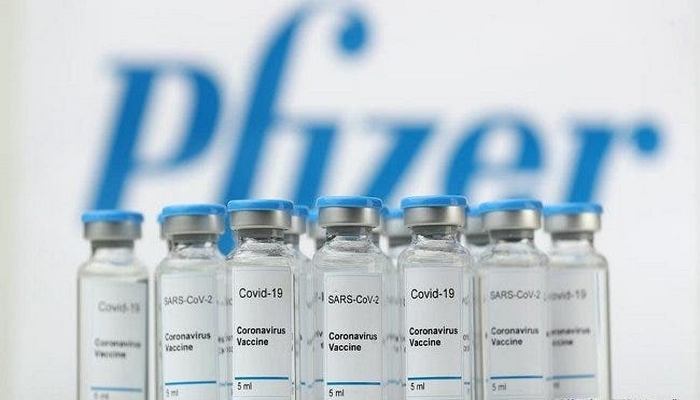
Britain’s drug controller issued a warning to people having a history of allergies to avoid getting a jab of the BioNTech-Pfizer vaccine. The warning was issued after three people who received the vaccine suffered from allergic reactions.
“Any person with a history of anaphylaxis to a vaccine, medicine or food should not receive the Pfizer BioNTech vaccine,” Dr. June Raine, chief executive of the medicines and health care products Regulatory Agency (MHRA), in a statement released on Wednesday.
The advisory was issued following two reports of anaphylaxis and one report of a possible allergic reaction after immunization.
Anaphylaxis has been declared a serious, life-threatening allergic reaction linked to foods, insect stings, medications and latex by various health agencies. “A second dose should not be given to anyone who has experienced anaphylaxis following administration of the first dose of this vaccine,” Raine added.
The two people who faced allergic reactions have been identified as National Health Service employees, the country’s state-run health system. The government, the first in the Western world to approve the COVID-19 vaccine, started vaccinated frontline health workers and elderlies from Tuesday.
Vaccine candidate has been found to be more than 90 percent effective in preventing COVID-19 in participants without evidence of prior SARS-CoV-2 infection in the first interim efficacy analysis, according to Pfizer.
The two-dose vaccine, with a gap of 28 days between them, would be administered to around 20 million people in the country. The government has already ordered 40 million doses, which require a robust cold chain for storage.
But the allergic reaction has raised concerns among people queuing to receive the vaccination. The regulator has assured people of a thorough review and a close observation of the immunization drive in progress.
“Today we convened an Expert Group of the Commission on Human Medicines attended by experts in Allergy and Clinical Immunology, to robustly review these reports to consider any possible mitigation on the rare risk of anaphylaxis,” MHRA statement said, in a bid to build confidence among people.
-www.newsnow.co.uk






